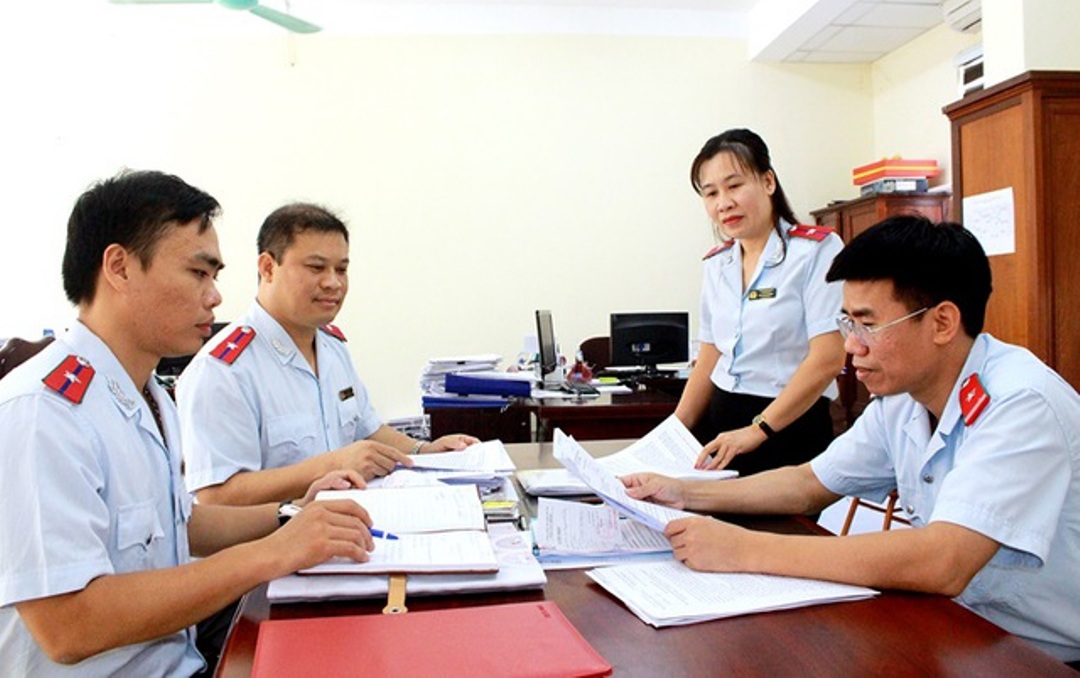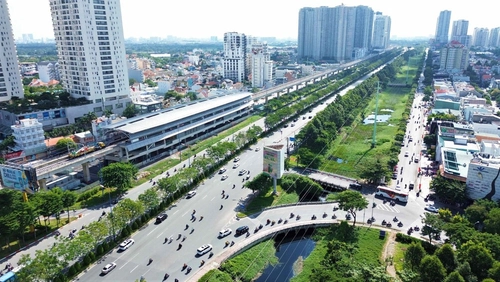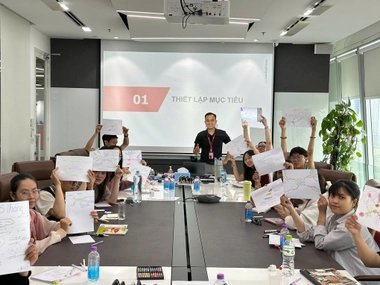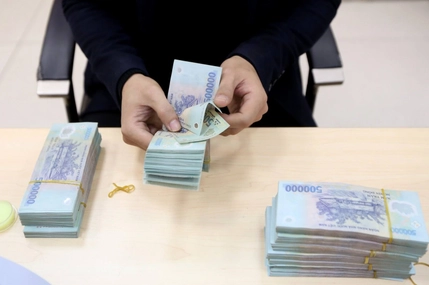On May 17, 2025, the National Assembly officially issues the Resolution No. 198/2025/QH15 on certain special mechanisms and policies for the development of the private sector.
One of the notable points in Article 4 of Resolution No. 198/2025/QH15 (effective from May 17, 2025) is the provision limiting the number of annual inspections and audits for enterprises, business households, and individual business operators. Specifically:
(1) Limit on the number of annual inspections and audits
The number of inspections for each enterprise, business household, or individual business operator shall not exceed one time per year, except in cases where there are clear signs of non-compliance.
The number of audits at enterprises, business households, or individual business operators (if any), including interagency audits, shall also not exceed one time per year, except in cases where there are clear signs of non-compliance.
(2) No duplication of inspection and audit content
For the same regulatory compliance content, if an inspection has already been conducted, an audit shall not be carried out, or vice versa. If an audit has been conducted, an inspection shall not be conducted in the same year, except in cases where there are clear signs of non-compliance.
(3) Transparency and strict handling of violations in inspection and audit activities
Inspection and audit plans and conclusions for enterprises, business households, and individual business operators must be disclosed publicly in accordance with the law.
Strict measures shall be taken against any abuse or misuse of inspection and audit activities to harass or create barriers for the entities subject to inspection or audit.
(4) Promoting digital transformation in inspection and audit activities
Priority shall be given to remote inspections and audits through electronic data, reducing on-site inspections and audits.
On-site audits of enterprises, business households, and individual business operators shall be exempted for entities that demonstrate good regulatory compliance.

Additionally, there shall be no discrimination among economic entities regarding the mobilization, allocation, and utilization of capital, land, natural resources, assets, technology, human resources, data, and other resources.
At the same time, strict measures shall be applied against acts of restricting competition, engaging in unfair competition, and abusing a dominant market position or monopoly power.
Furthermore, media agencies, press organizations, entities, and individuals are strictly prohibited from engaging in harassment, corrupt practices, spreading misleading or inaccurate information that adversely affects enterprises, entrepreneurs, business households, or individual business operators.










